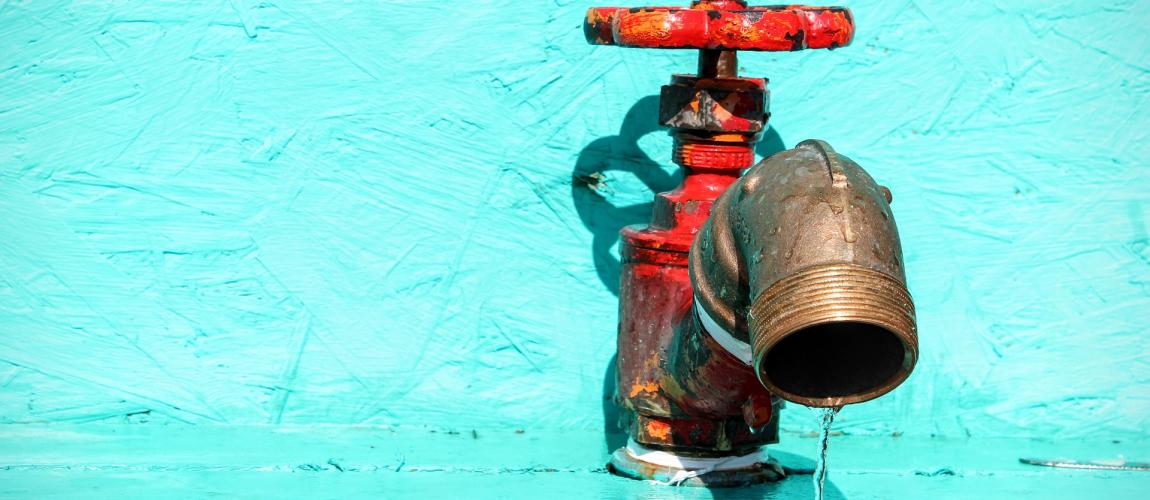Water & Sanitation PPP Toolkits

Photo Credit: Image by Peggy und Marco Lachmann-Anke from Pixabay
Listed below is a number of toolkits that comprises contracts, leases, affermages, concessions, divestitures relevant to private participation in both water supply and sanitation services, as well an overview of cases around the world. Toolkit Structuring Private Sector Participation (PSP) Contracts for Small Scale Water Projects: This toolkit is a resource designed to assist practitioners working on the next generation of PSP contracts for smaller water projects. Building on a review of PSP contracts developed in over 14 countries -- as well as recent survey data -- the toolkit provides actionable guidance on how best to structure contract and bidding documents. The toolkit comprises: World Bank - Approaches to Private Participation (PPPs) in Water Services This toolkit aims to assist governments in developing countries that are interested in using private participation to help expand access to safe water and sanitation services at reasonable cost. (2006) ADB'S Urban Water Supply and PPP Toolkit Maharastra, India: This toolkit contains guidance on the different PPP structures for the urban water supply sector and includes term sheets for (a) performance management contract for a water supply system, (b) integrated concession and management of water supply and sewerage system, (c) metering, billing and collection contract, (d) concession agreement for the development operation and maintenance of a bulk water supply system (25-30 years) with availability payment, (e) concession agreement for development of the bulk water supply system and operation and maintenance of the entire water supply system. ADB's Developing Best Practices in Private Sector Investment in Infrastructure - Water This is one of a five-volume set that presents the findings of an ADB regional technical assistance study which developed sector-specific best practices for promoting private sector participation in key infrastructure sectors in ADB's developing member countries. The best practices cover the role of government, institutional reform, strategic planning, legal and regulatory frameworks, unbundling and competition, contractual arrangements, sources of financing, and the allocation of risk. This volume examines the features of water supply, the need and options for private sector participation, and institutional structures and incentives. It also recommends a framework and best practices for moving to private sector participation in water supply. Although now 10 years old it still provides useful insight into private sector involvement in the sector. How To Develop Sustainable Irrigation Projects with Private Sector Participation As the impact of climate change on food production shapes a new set of demands worldwide, there is a need to look at how water resources and irrigation can be optimized to meet the requirements of future generations. This handbook explores one possible route: the use of PPPs. PPPs have the potential to facilitate an expanded role for the private sector in irrigation, mobilize expertise in the sector, and ensure medium- to long- term sustainability. This handbook compiles some of the most useful international experiences in irrigation PPPs while offering suggestions to practitioners on strategies and approaches to better harness public and private resources. Performance-Based Contracting Tools for Non-Revenue Water Reduction When water is processed and distributed to customers, not all of it is paid for. We call this non-revenue water—or NRW. Technically, it is the difference between the volume of water that is treated and distributed and the volume billed to consumers. NRW is an expensive problem and in this Section you will find more on Project Preparation, Resources, Case Studies and Training.
Updated: May 24, 2024
Related Content
Additional Resources
Select WBG PPP Toolkits
Featured Section LinksEnergy & Power PPP Toolkits
Transportation PPP Toolkits
Municipal Solid Waste and Waste Management PPP Toolkits
Water & Sanitation PPP Toolkits
Municipal Solid Waste and Waste Management PPP Toolkits
Climate Change Toolkits
UNDP - Toolkit for Pro-Poor Municipal PPPs
Gender PPP Toolkit
Other PPP Toolkits